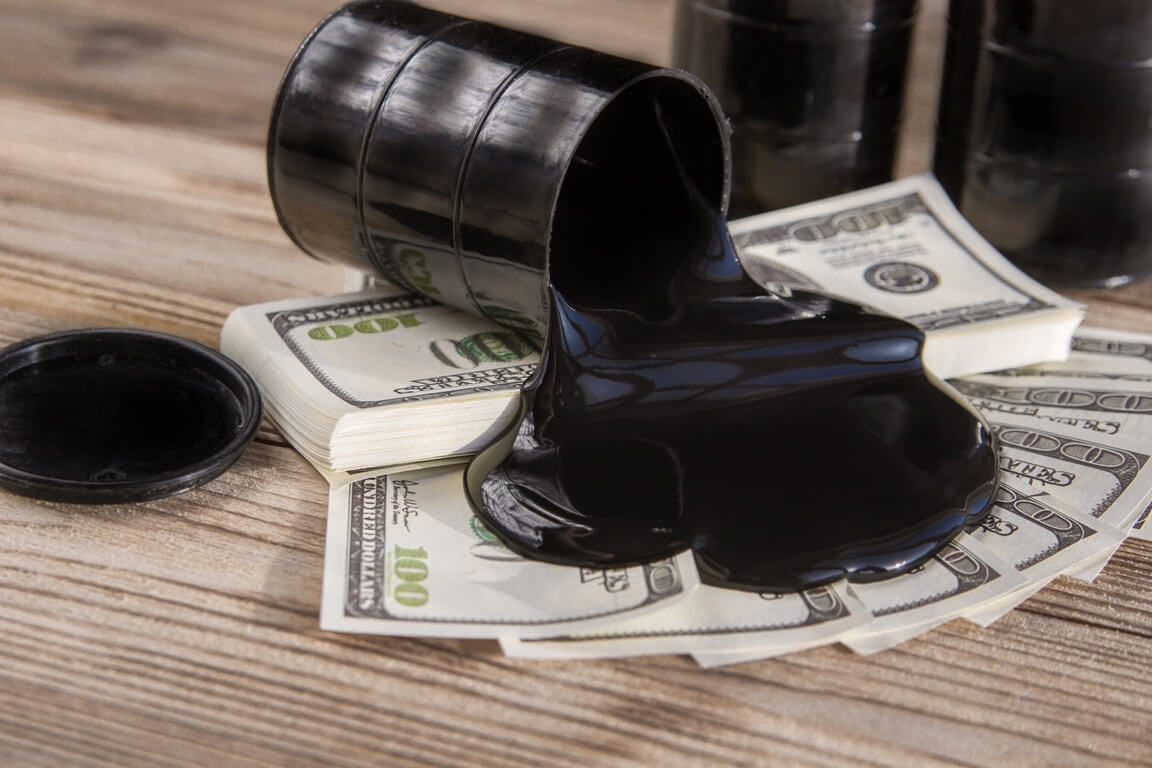
Gas prices jumped after attack on Colonial Pipeline
The U.S. national average for gas prices soared by 6 cents to $2.96 during the week. According to the American Automobile, it is poised to jump even higher in some areas because of the Friday’s cyberattack against Colonial Pipeline Co – top U.S. fuel pipeline operator. This company operates a 5,500-mile system. It takes fuel to the New York metro area from the refineries of the Gulf Coast.
The White House was working closely with Colonial Pipeline on Sunday, trying to help it recover from a ransomware attack which forced the company to stop supplying populous eastern states.
Colonial Pipeline had to shut a critical fuel network transporting more than 100 million gallons a day, or roughly 45% of fuel to the East Coast. It delivers gasoline, jet fuel, diesel, and heating oil and also serves U.S. military facilities.
AAA spokesperson Jeanette McGee announced that this shutdown would have implications on both gasoline supply and prices. However, the impact would vary regionally. Areas including Tennessee, Mississippi, and the East Coast from Georgia into Delaware would most likely experience limited fuel availability, as well as price increases this week. These states may see prices jump 3 to 7 cents.
During this week, the national gas price average skyrocketed by six cents to $2.96. According to AAA, the U.S.’ largest weekly increases occurred in ten states. These were Michigan (higher by 15 cents), and Kentucky (12 cents), along with Delaware (higher by 10 cents), Florida (10 cents), Indiana (10 cents), West Virginia (9 cents), Texas (9 cents), Utah (9 cents), New Jersey (8 cents), and Pennsylvania (higher by 7 cents).
What happened to Colonial Pipeline?
The Colonial Pipeline shut down on Friday due to a ransomware attack by gang of criminal hackers calling itself DarkSide. The company stopped all pipeline operations during the weekend, forcing a precautionary shutdown.
However, the ransomware malware used in the attack didn’t spread to the critical systems controlling the pipeline’s operation, as the U.S. officials announced on Monday. Still, the fact that it could have done so alarmed security experts.


